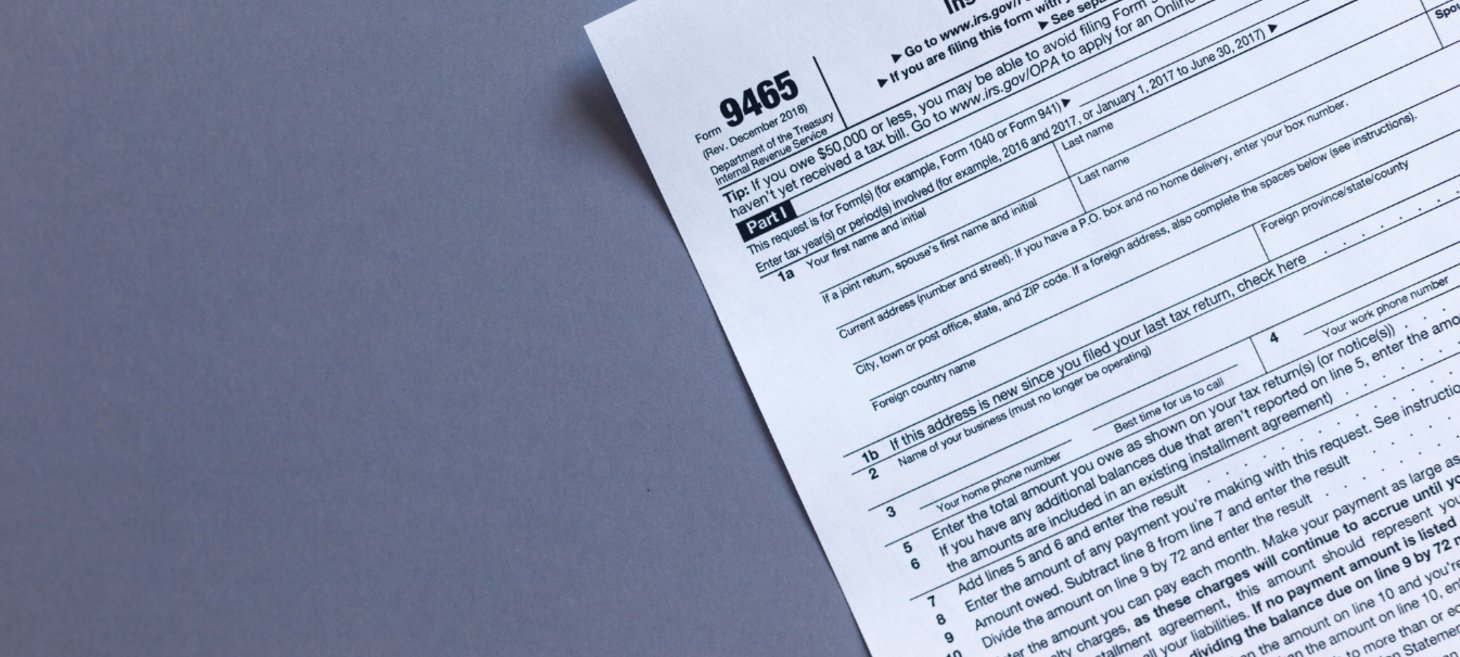Tax Topics Simplified

Filling Extensions vs Payment Extensions
Please keep in mind that extension is extension to file not extension to pay. You should pay at least 90% of your tax due or 100% of prior year tax due whichever is higher by the initial deadline, which is May 15th this year or June 15th for residence of Louisiana and Texas. Louisiana and Texas residents got deadline postponed to June 15, due to winter storm that happened in February of this year. If you pay at least 90% of your balance due or 100% of prior year tax due, whichever is higher, when you get your federal extension, you will not be penalized for late payment. Otherwise, you will probably have to pay a failure-to-pay penalty of 0.5% of your balance due for each month (or part of a month) in which your taxes go unpaid.

What to do when you have no money to pay Federal and/or Louisiana tax due
If you are not able to make a full payment of tax due at the time you file your tax return you may be able to set up an instalment agreement with the IRS (Form 9465) or Louisiana (R-19026). If the federal tax due is less than $50,000 and your request for installment agreement gets approved, the IRS allows tax due to be paid over period of 72 months. However, if you owe more than $50,000 the process gets more complicated and simple Installment agreement form is not an option at that time. The same applies for Louisiana. Louisiana requires 25% of tax due to be paid with the application for installment agreement and the rest can be spread over 24 months.

Is gambling income taxable?
Yes, regardless of if you win $5 or $5,000 from an office pool or casino all gambling income is taxable. Noncash prizes are taxable as well. If you win a car the taxable amount would be the fair market value of the car or some other non-cash prize. Gambling losses may be deductible but only up to gambling winnings and only if you itemize. For example: if Johnny won $1,000 but lost $10,000 all he would be able to deduct is $1,000, but again to get benefit of this deduction Johnny would need to have over $12,400 in itemized deductions (if filling single for 2020). No losses get carried forward to the next taxable year.

How long should I keep copies of my tax returns?
The statute of limitations for an IRS audit expires after three years. That means most taxpayers should keep their tax records for three years after the date they filed their return, or two years after they paid tax – whichever is later. If you under report your income by 25% then IRS can go back 6 years. If you claimed capital loss on worthless securities and bad debt expense the IRS can go back up to seven years after the tax return was filed. If fraudulent tax returns were filed there is no statute of limitation for an IRS audit. I personally advise clients to keep record for at least 3 years up to 7 years if they had business and losses were claimed on the tax returns.

Let's Talk
Let's Talk For free consultation click on the link to schedule one on one meeting with me over zoom or face to face.
E-mail: dragana@dcmtax.com